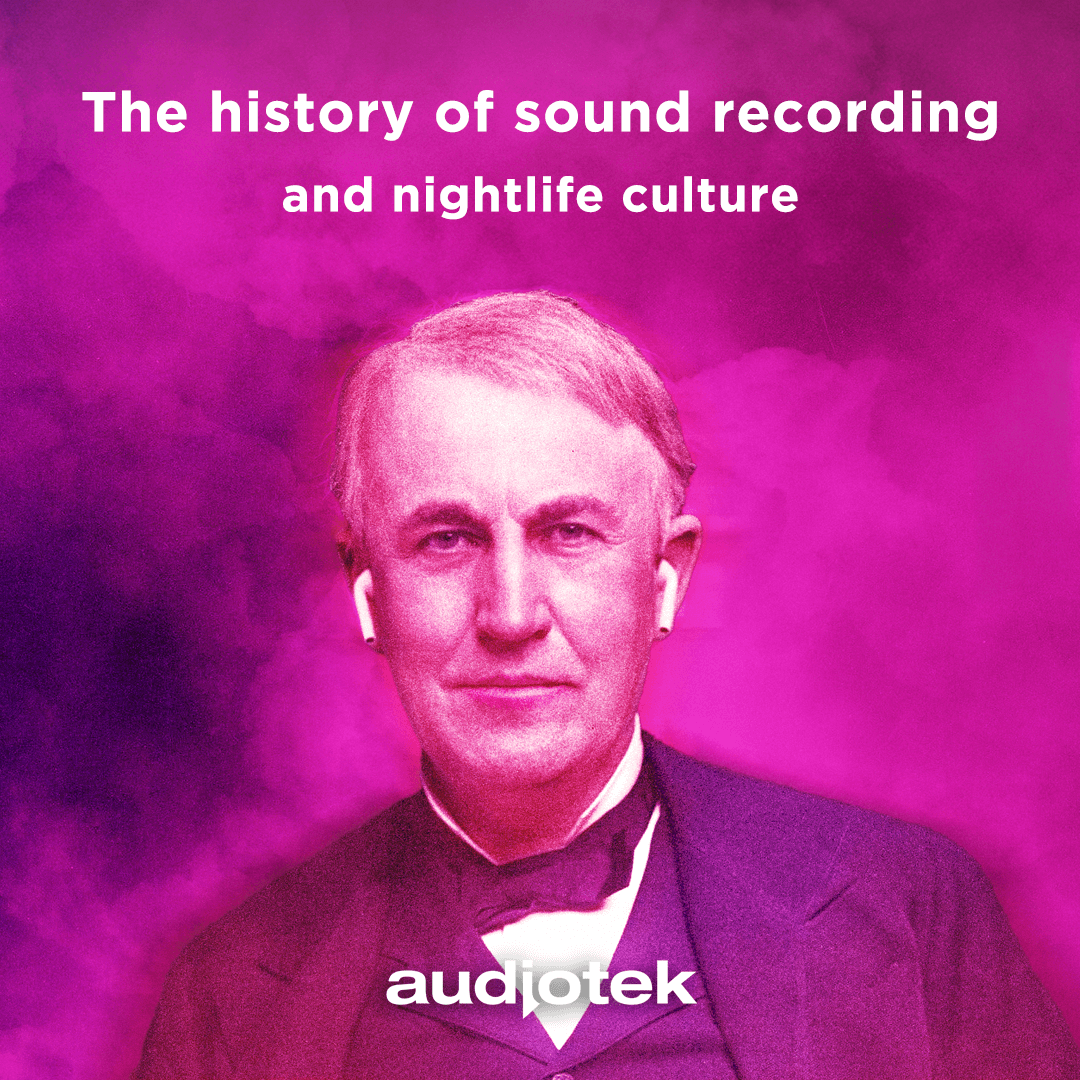
The History of Sound Recording and Nightlife Culture
The history of sound recording, and nightlife culture, is a captivating journey filled with ground-breaking innovations and profound social transformations. Exploring the origins of sound recording through to the evolution of nightclubs sheds light on the fascinating mechanisms behind speakers and sound projection, immersing us in the world of music and entertainment.
The Origins of Sound Recording
In 1877, Thomas Edison revolutionized the industry with the invention of the phonograph. This remarkable device not only recorded sound but also played it back, capturing the imagination of the masses. The phonograph became a catalyst for the rise of new musical genres, including jazz and blues, forever altering the course of music history.
With technology now being able to record, and playback music the record player came spinning onto the scene in 1895.
The Invention of the Jukebox: A Musical Oasis
In 1889, the world welcomed the first jukebox, a coin-operated record player that quickly gained popularity as a public music player. Jukeboxes became a beloved fixture, especially during the Prohibition era, when they offered people a chance to revel in music without visiting a bar. These enchanting machines created a sense of communal musical enjoyment, bridging the gap between sound recording and social experiences.
The Rise of Sound Systems
Sound and music have continued to evolve drastically over the centuries. Our next landmark moment was the creation of the first sound systems. But first, we mustn’t forget the gramophone development, which landed in the 1940s, with the capability of recording and sound reproduction. This revolutionary device allowed people to listen to music at home for the first time, and it helped to shape the way we experience music today.
In the 1950s, Jamaica witnessed the emergence of a transformative phenomenon: the sound system. These portable arrangements of speakers, generators, amplifiers, and turntables became instrumental in providing access to new music. Sound systems played a pivotal role in shaping influential musical movements like ska and reggae, captivating listeners and transforming cultures.
The Evolution of Nightlife Culture: Embracing All
Nightlife culture has experienced its own evolution alongside sound technology. Initially exclusive to the wealthy and elite, nightclubs became more inclusive as sound technology became more accessible. The 1950s marked the birth of the discotheque, a new type of nightclub dedicated to dance music. Discotheques swiftly gained global popularity, igniting a disco fever and music appreciation that resonates to this day.
The history of sound, and nightlife culture highlights the profound impact of technology on our society and culture. This ongoing narrative demonstrates how speakers and sound projection mechanisms have revolutionized the way we consume music and shaped our collective experiences.